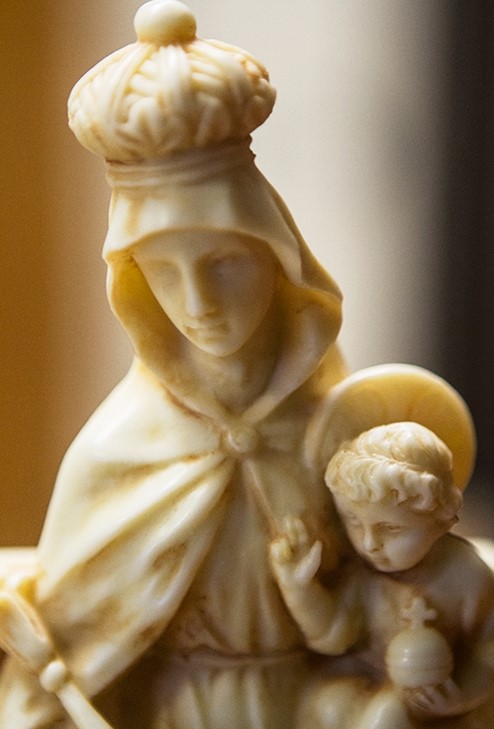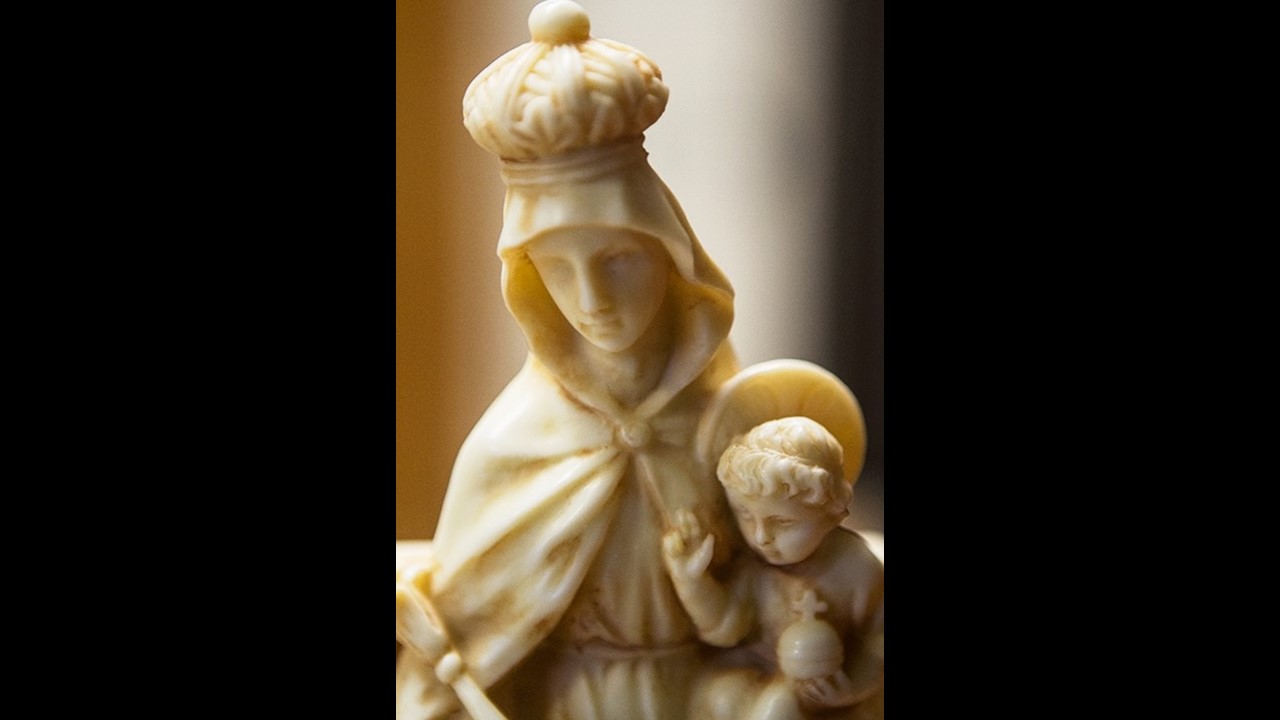Q&A: After repeated objections by so many people, why does Montfort Publications insist on using the word slavery to express our devotion to Jesus and Mary?
Fr. Gaffney, SMM
Submitted by MD of Torrington, Ct.
Holy Slavery
For two reasons: first, it is a favored expression of Saint Louis de Montfort who well knew the objections against it. In fidelity to his thought, we are, then bound to use the word. Second, even if we wanted “to edit it out” of the works of Montfort, there is no adequate substitute.
Why does this great saint use the expressions slave, slavery? Because he wanted to express the totality of our loving dependence on Jesus and Mary. Servant will not do, for it implies a nine-to-five job, a salary, the possibility of quitting, etc.
Through our creaturely existence and through baptism, we belong completely and irrevocably to the Lord. We are not creatures only for a few hours of the day; rather, our existence itself is always and at every moment from the Lord. And our baptism has immersed us into Christ Jesus so that we – always and everywhere – are defined by the victorious redemption accomplished by the savior. We may revolt against our creatureliness, we may betray our baptismal covenant, but nothing can change the truth that our very being is the Lord’s. We are the slaves of Jesus Christ. To lovingly embrace this truth is to become a “slave of love” of the redeemer.
Slave of Jesus Christ
There is another reason why Montfort insists on employing the term even though in his day also there were objections against it; the expression is biblical. Paul prides himself on being “the slave of Jesus Christ” (Rom 1:1; cf Gal 1:10, Phil 1:1, Tit 1:1) as do James (James 1:1) and Peter (2 Pt 1:1) and Jude (Jude 1:1). In his first letter to the Corinthians, Paul writes; “the free man who received the call (to be a Christian) is a slave in the service of Christ”. (1 Cor 7:22). And Christian slaves of Paul’s time are reminded that they are, as Christians, “slaves of Christ” (Eph 6:6). Epaphras is called “slave of Christ” (Col 4:12) and Peter calls Christians “slaves of God” (1 Pt 2:16). And Mary joyfully calls herself “the slave of the Lord”. (Lk 1:38, 48).
Provided that we always insist that this dependence on God is an expression of love – it is a holy slavery of love. The word is eminently fitting to describe our dependence on Jesus and Mary (cf True Devotion, 68-77). In introducing people to Montfort Spirituality, the content of the term should be explained before the term itself is used.

Provided that we always insist that this dependence on God is an expression of love – it is a holy slavery of love. The word is eminently fitting to describe our dependence on Jesus and Mary
Return to The Queen: Q&A



